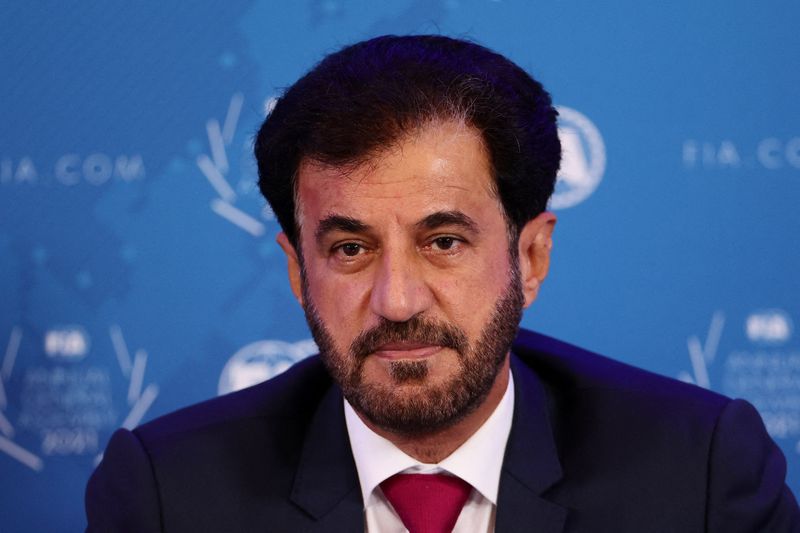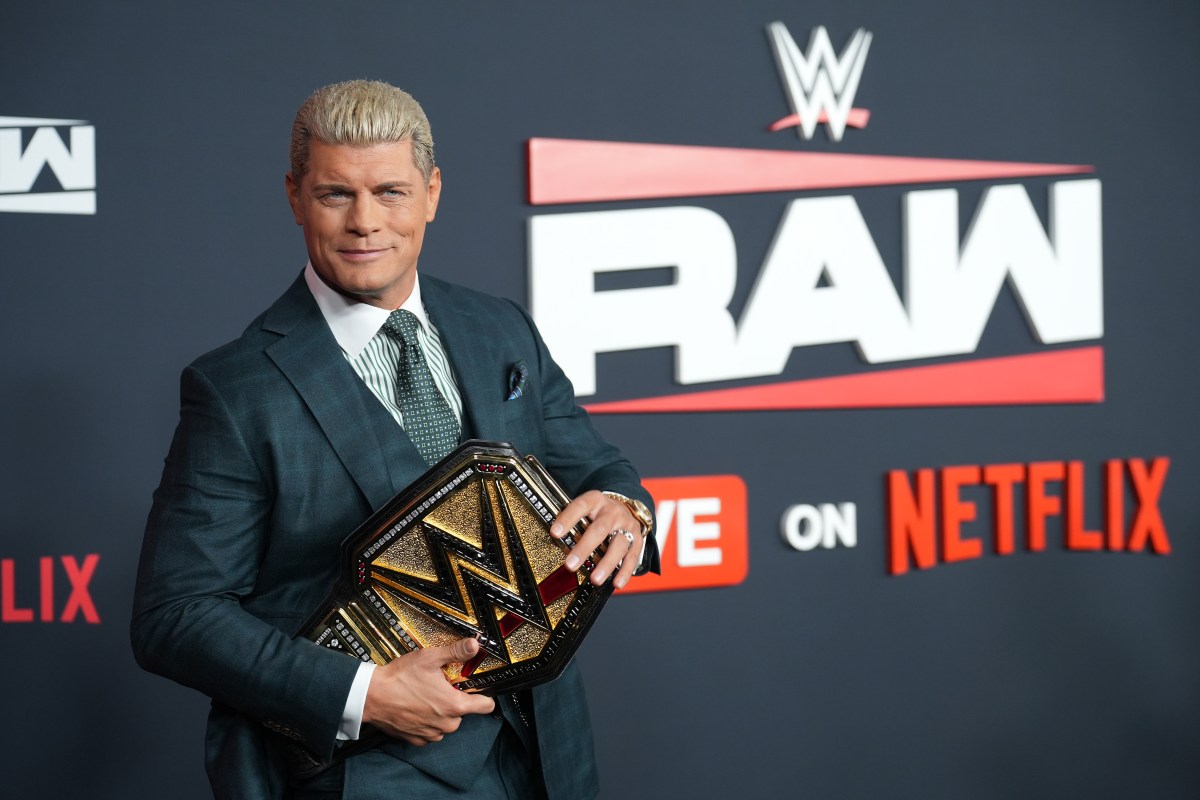LONDON (Reuters) – Mohammed Ben Sulayem’s election to the top job in world motorsport on Friday marks a historic shift for the governing FIA and reflects the increasing influence and involvement of the Middle East.
The 60-year-old Emirati is the first non-European to serve as president of the International Automobile Federation, the governing body for a host of series including Formula One, rallying, endurance racing and electric Formula E.
His appointment comes in a year that has seen Saudi Arabia and Qatar added to the Formula One calendar on long-term contracts.
The region now has four races, with Abu Dhabi and Bahrain well-established on the schedule since 2004 and 2009 respectively.
Saudi Arabia also has the gruelling Dakar Rally, Formula E and Extreme E while Bahrain also hosts a round of the world endurance championship and Qatar has MotoGP.
British supercar makers McLaren are majority owned by Bahrain’s sovereign investment fund Mumtalakat, with Saudi Arabia’s Public Investment Fund (PIF) also providing significant funding.
State-owned energy giant Saudi Aramco is a global partner of Formula One.
“No-one now can come near the Gulf or the Middle East and ignore motorsport,” Ben Sulayem told reporters in Paris on Friday.
“It will be a help for the FIA to grow but it doesn’t mean we forget the other regions.”
Ben Sulayem said improving diversity was high on his agenda along with increasing participation in motorsport.
He has said he wants to double the number taking part worldwide in the next four years, with much of that growth in the developing world.
He compared a country like Finland’s success in Formula One and rallying to the huge and untapped potential of India and China as well as the Middle East.
The Emirati, who served as president of the UAE motorsport federation, said he would be moving to Paris to devote himself full-time to the position and had given up his other jobs.
He recalled how attitudes had changed in his region since he first began competing.
“I had to change my last name at the beginning because motorsport was not acceptable,” said the winner of 14 Middle East rally championships.
“When I started winning they saw my photos and then they accepted it,” he said.
(Refiled to change association to federation in para 2)
(Reporting by Alan Baldwin, editing by Christian Radnedge)




















